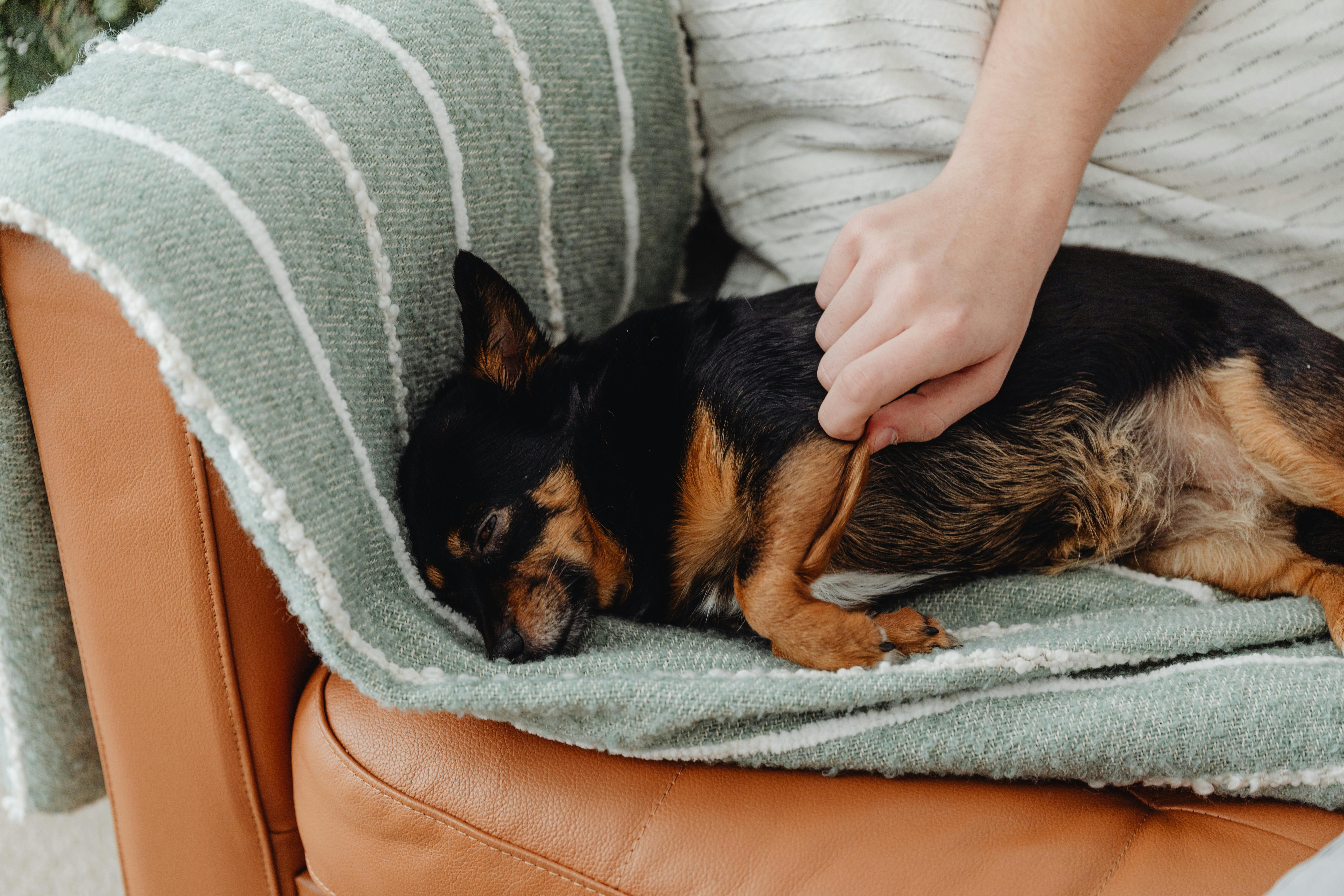
Recently, I was watching one of the popular morning shows that featured a segment promoting the adoption of shelter dogs. They had three of the local shelter dogs on set and they were adorable. My friend’s comment “I love dogs!” expresses what most of us feel about our dogs. Dogs certainly have the gift of making you smile.
Dogs have always been an important part of man’s life. In our current culture, the primary role of the dog has changed from a working or service animal to one as a companion and member of the family. In fact, our dogs have become an integral member of the family. Along with this role reversal, people have developed some unrealistic expectations for their pets. Sometimes we don’t recognize that a dog has natural instincts and will act in ways we don’t anticipate. Sometimes we can try to interpret their behaviors based on human characteristics. This practice is unfortunate and leaves us confused and offended when our dog behaves negatively or according to its natural genetic predisposition.
Every year, the media informs the public about some of the most negative events related to dogs. For example, in August 2012, a young Georgia college student who loved rescuing dogs was killed by dogs she had adopted. In May, a North Carolina resident was charged with manslaughter after his pit bull fatally bit his neighbor. Stories like these make us stop and wonder if having a dog is worth the risk. We must recognize at this point that dogs will behave like dogs, but responsible owners can take steps to prevent incidents like these from occurring in the first place.
When considering owning a dog, recognize the risks associated with owning a dog. The Centers for Disease Control and Prevention report that 4.7 million Americans are bitten by dogs each year and that one in five of those bites will require medical attention. Researching the behavior of the breed of dog you want to adopt is a responsible first step. Although we cannot judge a particular dog by its breed, there is information available to help the potential owner make an informed decision. Bankrate.com has published a list of “high risk” dogs based on insurance claims. This list containing basic information about each breed identifies “high risk” breeds such as Akita, Alaskan Malamute, Chow Chow, Doberman Pinscher, German Shepherd, Pit Bull, Presa Canario, Rottweiler, Siberian Husky, Staffordshire Bull Terrier and Wolf Hybrid ( sometimes called a wolfdog). The American Kennel Club website offers valuable information to help determine whether a particular breed of dog is a good fit for your family or situation. The AKC strongly defends the breed of the dog and emphasizes the behavior or actions of the individual dog when making decisions regarding a specific scenario.
All the information you need to be a responsible dog owner is available at your fingertips if you have Internet service. Tips for socializing and caring for your dog, instructions on how to keep your children safe around dogs, dog bite laws, and information on typical dog behaviors are just a few of the topics to research. Some useful websites include http://www.cdc.gov (Centers for Disease Control and Prevention) and http://www.dogbitelaw.com. You can also contact local veterinarians or animal specialists who can help you find local resources.
As you review the wealth of information available, you will come across the reality that some insurance companies may deny or cancel coverage for their owners or renters once you bring that cute puppy home. So, as a responsible dog owner, call your insurance agent right away and ask about their coverage. Typically, your landlord or tenant liability coverage will include incidents involving dogs. Homeowner limits generally range from $ 100,000 to $ 300,000. If you have chosen to adopt a large dog, you should investigate increasing your coverage to the higher limits and perhaps looking to obtain additional coverage by purchasing a general liability policy that can provide additional coverage of $ 1 million to $ 10 million. Please note that owning a dog is an underwriting factor for your insurance company and failure to tell them about your dog, especially if it is considered a “high risk” breed or has a history of biting, can result in denial of claims. . If that happens, you may be personally liable for any damage or injury your dog causes.
In conclusion, as you and your pup get to know each other, remember to expose him to a variety of people and other animals, invest in obedience training to build a trusting relationship, and take him to regular vet checkups. Your vet can help advise you on behavioral problems as they arise and help you understand your dog’s genetic predisposition. As you love each other, your pet is sure to become a source of pleasure for you and your family. Enjoy your puppy!